Connecting Fairfax City's Past and Present to Build a More Equitable and Inclusive Future
On July 12, 2022, City Council voted to change the names of 14 streets as recommended by the Stakeholder Advisory Group. Watch the meeting.
UPDATE July 12, 2022: City Council voted to change 14 street names. Watch the meeting. If you would like to submit names for consideration, please complete the survey.
Connecting Fairfax City for All
The City of Fairfax recognizes there is strength in diversity and acknowledges the need for a broader community conversation around the issues of racial and social equity, systemic racism, symbolism, and identity.

Evolving views about who and what should be memorialized in public spaces and on public land present an opportunity for the City of Fairfax to examine its nomenclature. Confederate-related street and place names, historical markers and monuments, and elements in the city seal will be discussed in the context of how these symbols reflect the City Council’s goals of inclusivity and building community.
City residents are invited to participate in thought-provoking conversations that connect current realities with the city’s historical past. Ultimately, through a series of listening and learning opportunities, the goal is to connect the present to a more equitable and inclusive future for all city residents, businesses, and visitors.
“This initiative, endorsed by the City Council, holds great promise for our city residents to engage with each other with respect, compassion, and an openness to learning and gaining a greater understanding of each other,” said City of Fairfax Mayor David Meyer. “This is an opportunity for all of us to discern what actions we may take to create a preferred future that is inclusive and more just and equitable.”
Partnership with George Mason University
To accomplish this work, the city has partnered with the George Mason University Jimmy and Rosalynn Carter School for Peace and Conflict Resolution. Working with the Carter School, the city has outlined a process to listen to community voices, engage the community in learning sessions and structured, facilitated discussions, and will form a diverse working group to make recommendations on action items and identify areas for further community discussion. City Council will consider the recommendations in 2021 before making decisions regarding the city’s nomenclature.
Please explore this project site, drop a pin on the map, share your ideas, tell your story, or leave a comment. Click on the social media icons to share with others.

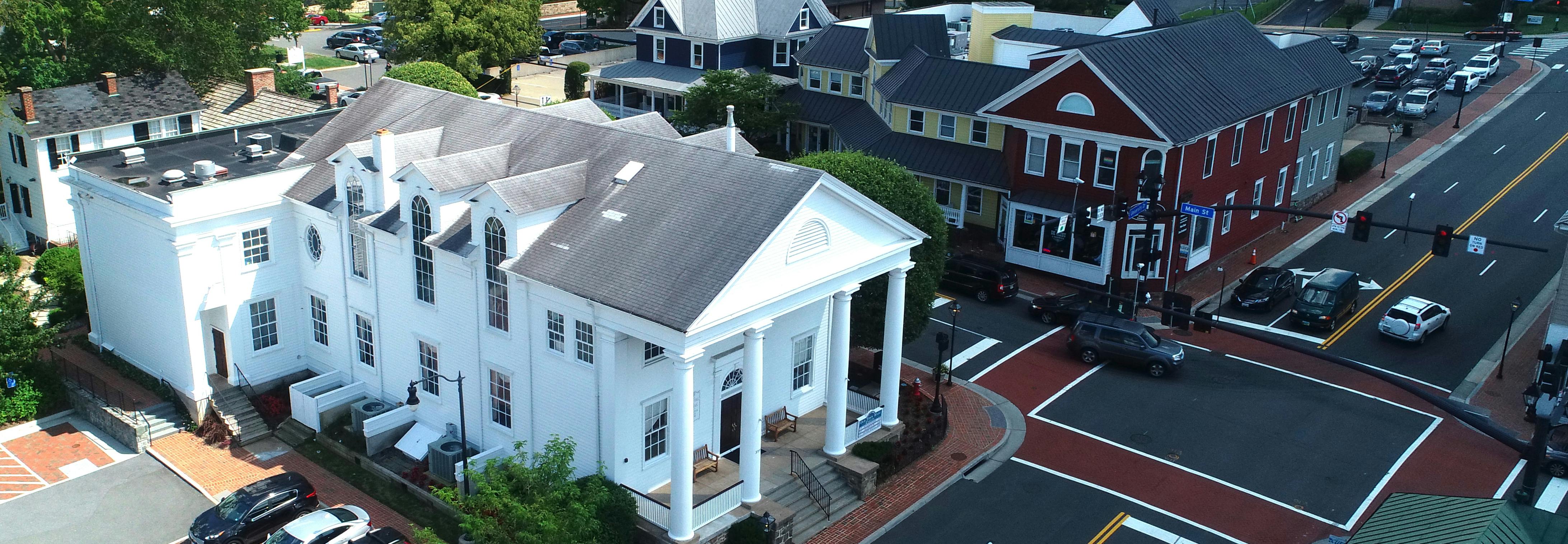









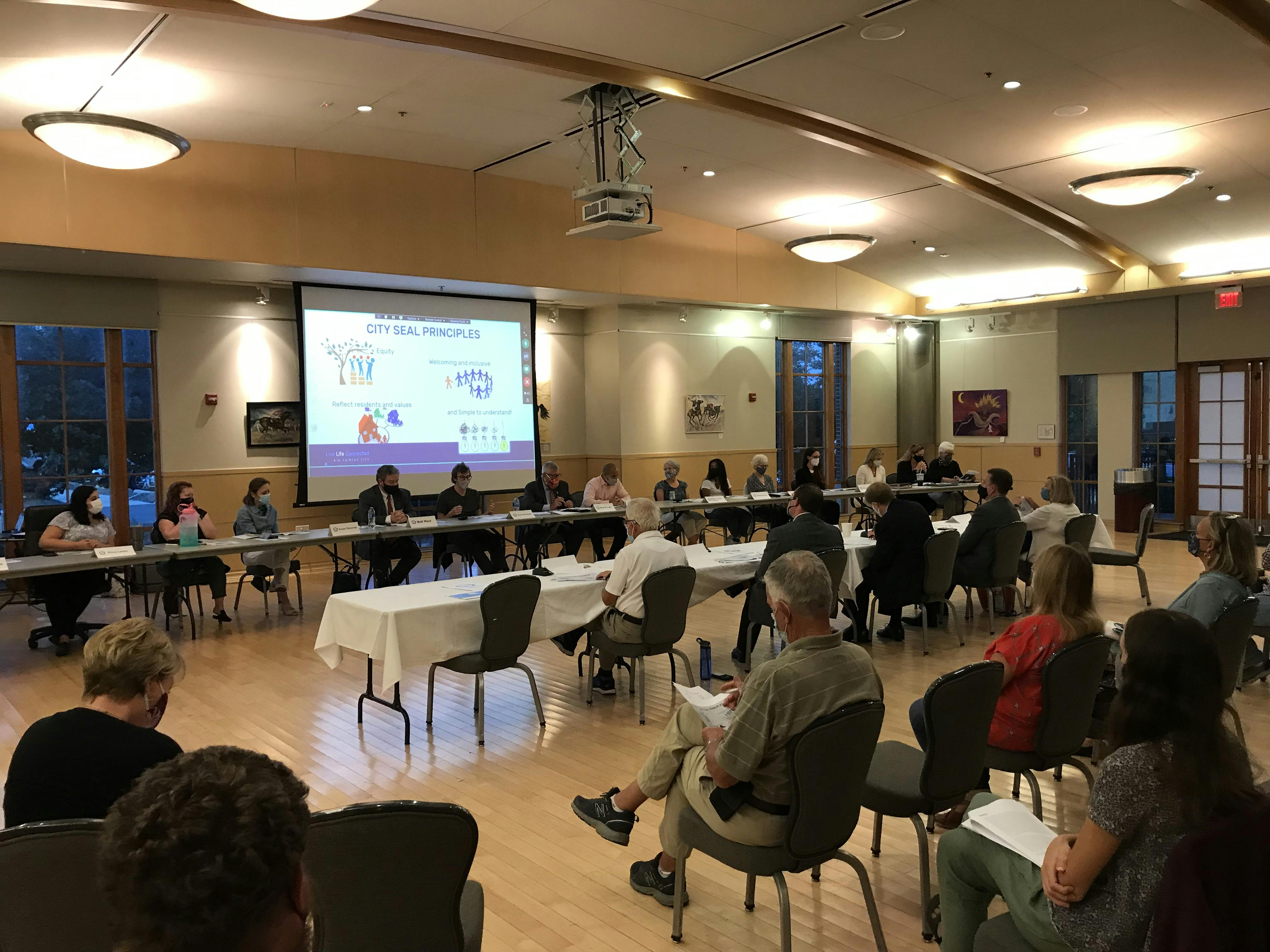
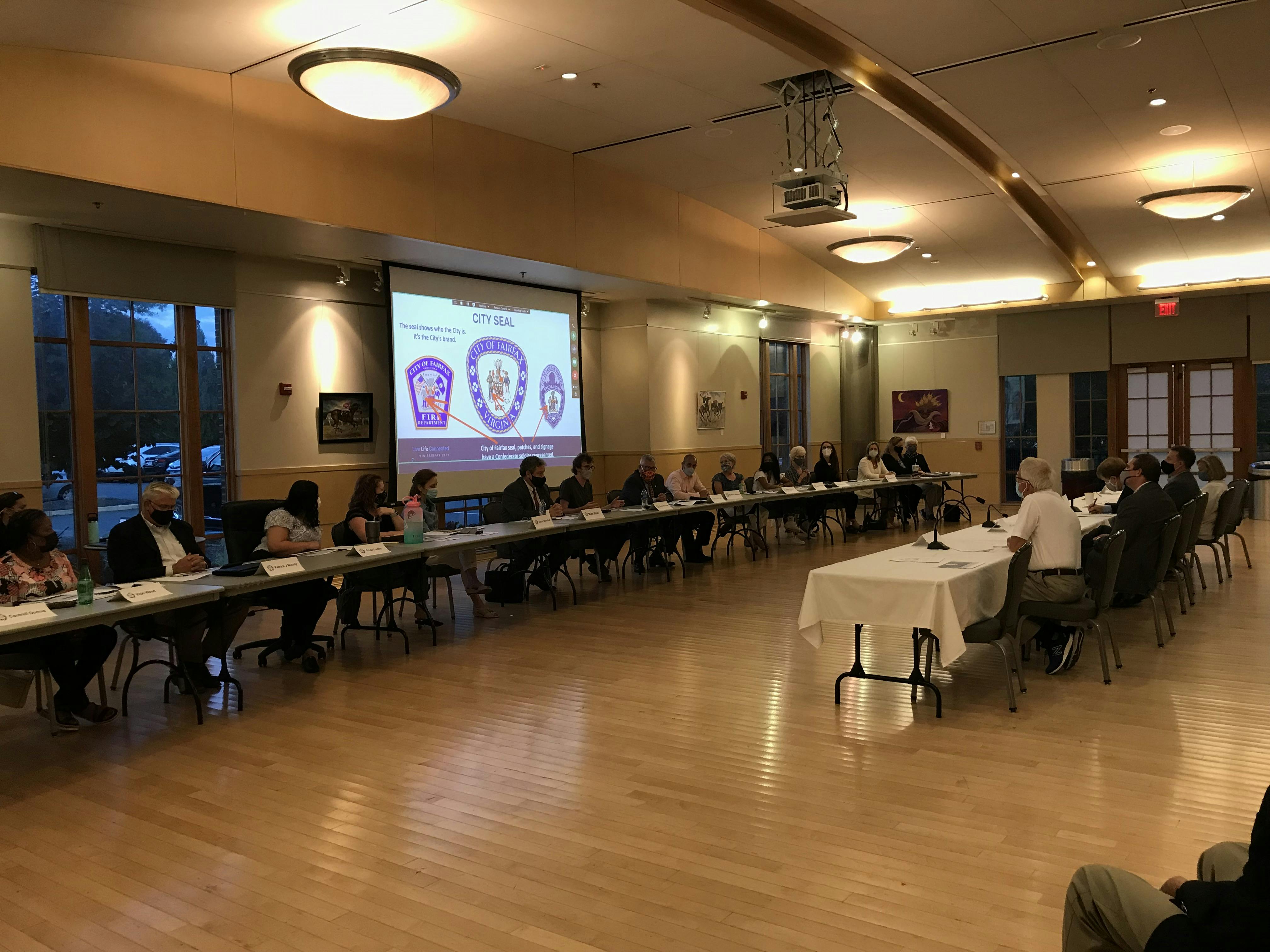
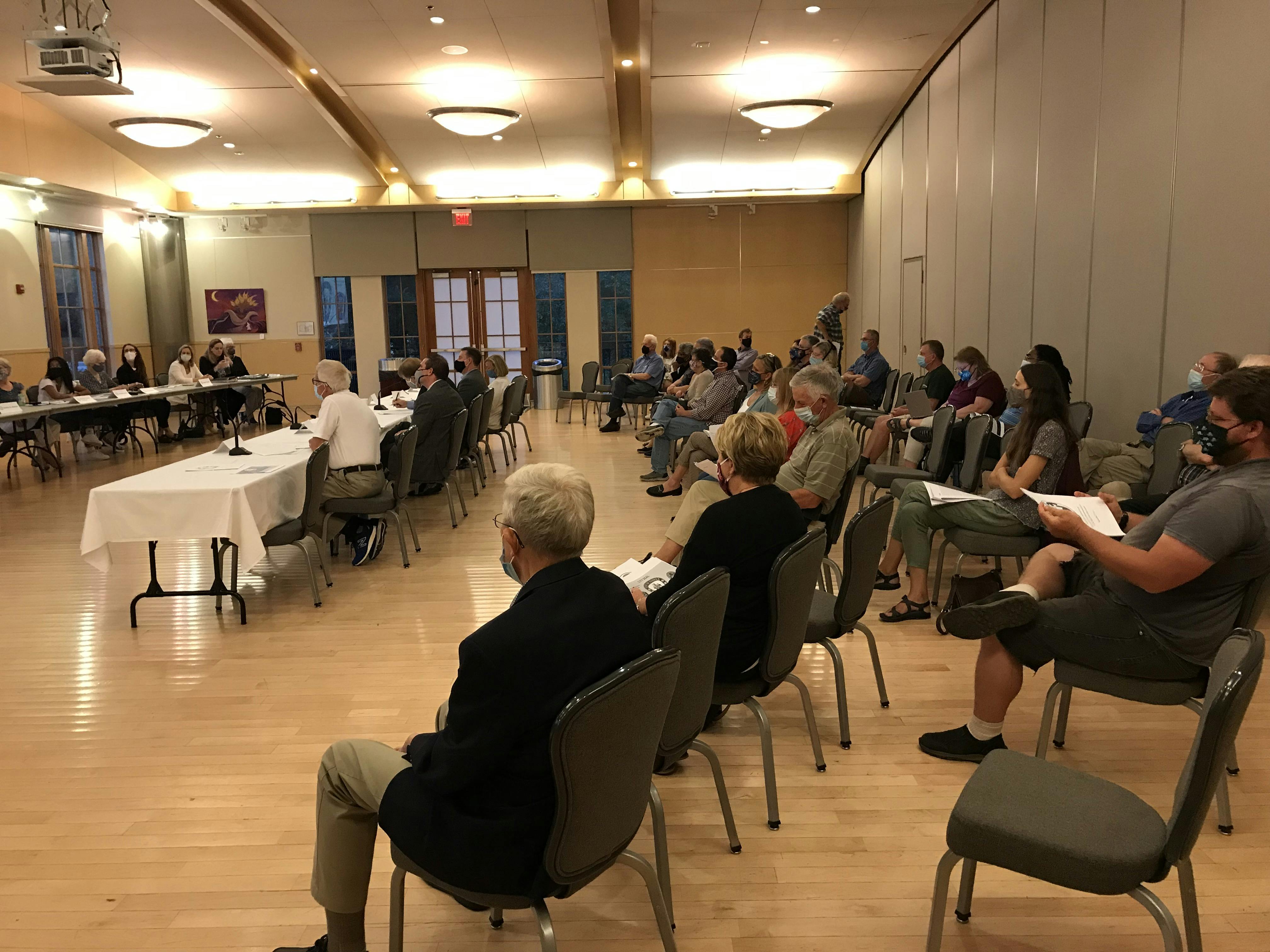
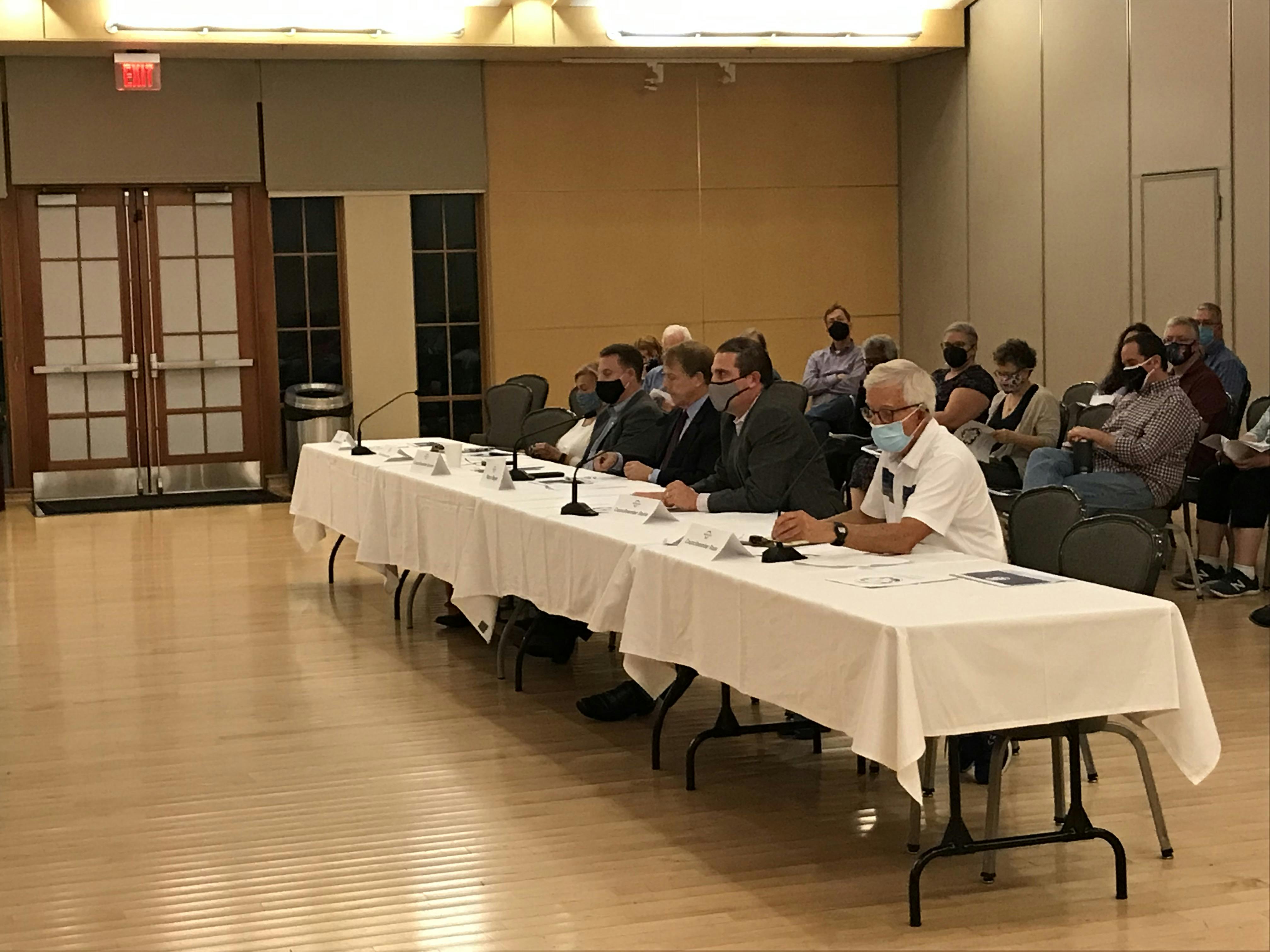
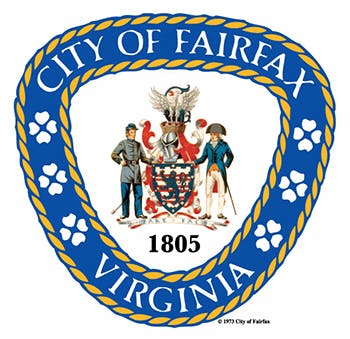

Fairfax City Council,
First, thank you for the posture you have taken to listen and consider all feedback. Isn't that what all of us should be doing all the time! I know I have a long way to go there ... thank you for setting the example.
As far as name changes, I recommend leaving the names as they are ... and letting them be a reminder of our history and an opportunity to have meaningful discussions. If we change a street/association name because the name is associated with a person who did something wrong ... we need to have no names for anything. If we change one name, what is the rationale and how are we consistent ... it would seem different people would have different rationales, and if we change one, we need to change all.
I want to listen and be sensitive to the emotions that my friends and neighbors have with certain names. But, I don't want to erase history ... even if it is something I would not be proud of. I would agree that there are certain names that should not be used (e.g., Hitler, Manson, Terrorist, Ni**er, etc) ... I would hope decisions makers would have sense to never consider them in the first place. There are always two sides in a conflict ... just because someone ended up on the wrong side of history does not mean they were a heinous person. We might want to listen to the perspective they had ... we could be surprised.
That said, I do think we need to be good listeners to those who are different from us ... who experience life differently. I may be part of the problem, and I need to hear respectful input that would allow me to see how I come across. But, that is a different topic than names.
Consider including single parent households, single with no children adults, and working families. While this is a family friendly area, we are not all living in nuclear households with a working father and stay at home mom. This is not the 1950s anymore. Most events and activities feel like they cater to one population.